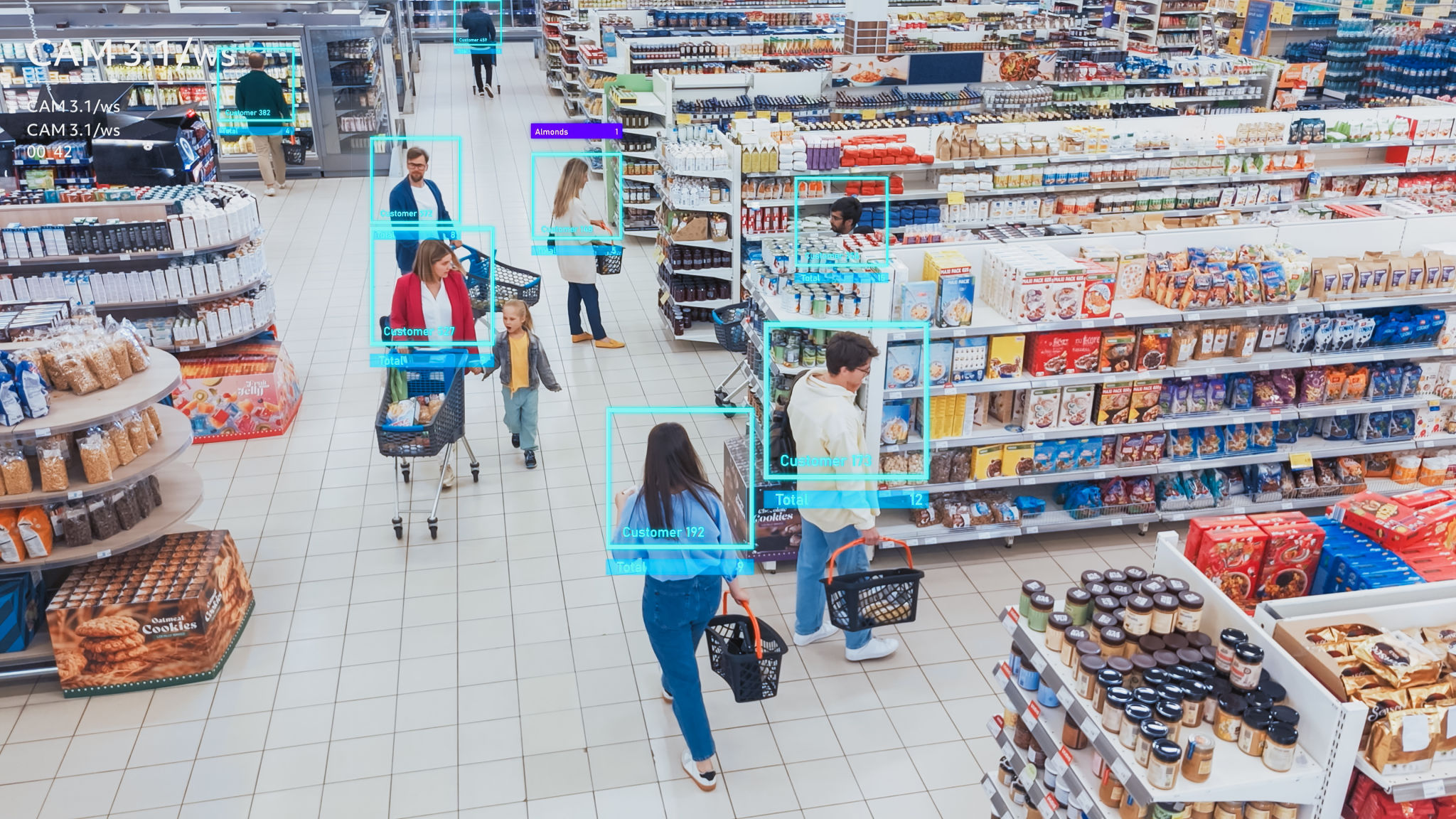How AI Optimization Enhances Customer Experience in Retail
Introduction to AI in Retail
In the rapidly evolving retail landscape, staying ahead requires more than just competitive pricing or a wide product selection. Retailers are increasingly turning to artificial intelligence (AI) to enhance the customer experience, streamline operations, and ultimately, drive sales. By leveraging AI technologies, businesses can gain deeper insights into customer behavior, preferences, and trends.
AI optimization in retail involves using advanced algorithms and data analytics to provide personalized experiences, optimize inventory, and improve overall customer satisfaction. This transformation is not just a trend but a necessity for retailers aiming to thrive in the digital age.

Personalization and Customer Engagement
One of the most significant advantages of AI in retail is its ability to deliver personalized shopping experiences. By analyzing vast amounts of data, AI systems can predict customer preferences and tailor recommendations accordingly. This level of personalization can significantly enhance customer engagement and loyalty.
For instance, AI-powered chatbots can provide real-time assistance to customers, answering queries and offering product suggestions based on individual browsing history. This not only improves the shopping experience but also helps in building a stronger connection between the brand and its customers.

Inventory Management and Supply Chain Optimization
Effective inventory management is crucial for any retailer. AI technologies enable retailers to optimize their supply chain by predicting demand more accurately and ensuring the right products are available at the right time. This reduces overstocking and understocking issues, leading to cost savings and improved customer satisfaction.
Moreover, AI can help in identifying emerging trends and adjusting inventory strategies accordingly. By analyzing patterns in sales data, retailers can proactively respond to market demands, ensuring they are always equipped to meet customer needs.
Enhancing In-Store Experiences
AI is not limited to online retail; it is also transforming the in-store experience. Smart mirrors, for example, allow customers to virtually try on clothes without physically changing outfits. Additionally, AI-driven analytics can provide insights into foot traffic patterns, helping retailers optimize store layouts for better customer flow.

Furthermore, AI-powered systems can analyze customer interactions within the store, offering insights into product placements and promotional strategies that resonate most with shoppers. This data-driven approach ensures that physical retail spaces remain relevant and competitive in an increasingly digital world.
Conclusion
AI optimization is revolutionizing the retail sector by enhancing customer experiences across various touchpoints. From personalized recommendations to efficient inventory management and innovative in-store solutions, AI is enabling retailers to address consumer needs more effectively than ever before.
As technology continues to advance, retailers that embrace AI will be better positioned to create meaningful connections with their customers and secure a competitive edge in the market. The future of retail is undeniably intertwined with AI, and those who harness its potential stand to reap significant rewards.
